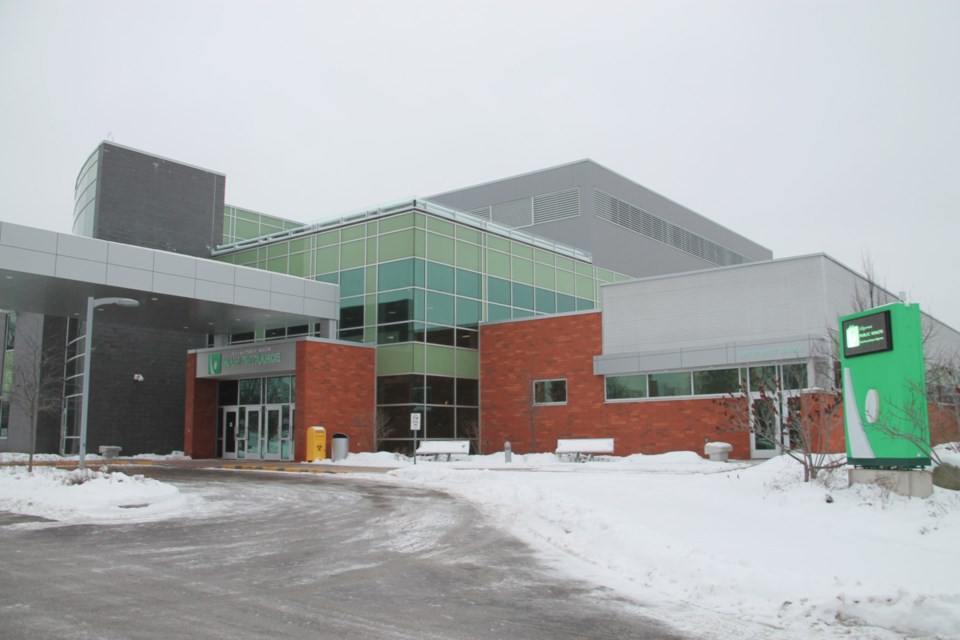COVID-19 cases had been kept in check in the Algoma region as the Christmas season approached.
Before Christmas, there had been no COVID-related deaths in the region and that remains the case following the holiday, with approximately 60 COVID cases in the Sault and Algoma.
Then, Algoma Public Health (APH) reported five new COVID-19 cases in the region on Dec. 31.
That was followed by a report Friday that two staff members at Extendicare Maple View Long-term Care Home had tested positive for COVID-19, then another report came from APH Friday announcing another six people have tested positive for the virus in the region.
APH says Algoma now has 14 known, active cases, 76 overall since the pandemic began (with 62 resolved cases).
“It is not surprising to see a spike of new cases during the holiday season,” stated Dr. Jennifer Loo, Algoma Public Health (APH) medical officer of health and CEO, in an email to SooToday Saturday.
“There are many people from outside Algoma who have come to visit family, friends and loved ones. The recent rise in Algoma cases of COVID-19 is partly related to people gathering and spending time together, without taking precautions like physical distancing and masking.”
“Carpooling, hanging out on the same couch, or sharing a meal around the kitchen table are all examples of close contact activities. You should only do these things with people you live with,” Loo wrote, in a message which has been often repeated as Ontario goes through a government-imposed lockdown which began Dec. 26.
The lockdown is scheduled to last 14 days in northern Ontario, 28 days in southern Ontario.
“It is important to remember that the virus spreads from person to person, especially when people spend time close together without masks in indoor spaces. And a person infected with COVID-19 can spread the virus to others 48 hours before they even know they are sick,” Loo cautioned.
All Algoma residents are reminded that, by law, during the provincewide shutdown that began Dec. 26, indoor gatherings of any size are not permitted with people who are not a part of the same household (the people you live with).
This means that:
- Families should not visit any other household or allow visitors in their homes
- Individuals who live alone and single parents may consider having exclusive, close contact with another household to help reduce the negative impacts of social isolation
- Virtual gatherings or events are the safest way to visit or recognize occasions with people outside your household, especially during the holiday season
“We all need to take action to protect ourselves and our community,” Loo wrote, reminding the public to:
- Stay home if you're sick, even if you have mild symptoms or ‘just have the sniffles’
- Keep two metres distance from people you don’t live with
- Avoid non-essential travel
- Wash your hands frequently
- Wear your face covering
- Remember to practice kindness such as dropping off groceries and other essentials to those who are vulnerable and those in need of self-isolation because they are unwell



